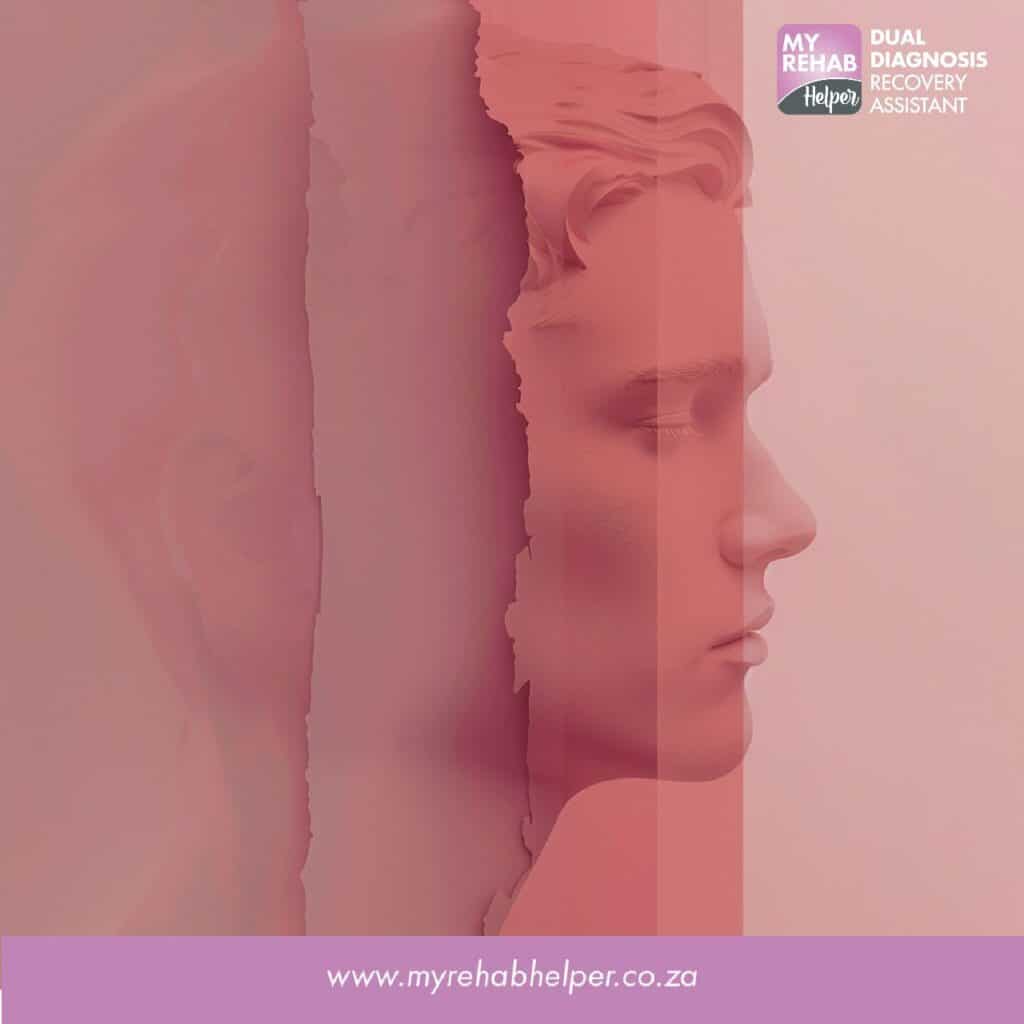What Is Drug Detox
Drug detox is the first step in overcoming addiction, where your body clears out harmful substances to start the healing process. During detox, you may experience a range of physical and psychological symptoms, depending on the substance and your personal health. This stage can be intense, as your body adjusts to functioning without drugs. However, it’s also a critical opportunity for a fresh start. With the right support and guidance, detox can lay the foundation for a successful recovery journey.
Understanding Drug Detox
Understanding drug detox is crucial for anyone considering a path to sobriety. Detoxification is your body’s natural process of removing drugs and toxins from your system. When you stop using substances, your body begins to recalibrate. This can bring about uncomfortable symptoms, but it’s also a necessary first step in breaking the cycle of addiction. Detox alone isn’t a cure—it’s the starting point. By recognizing what detox involves, you can prepare mentally and physically, helping you transition into long-term treatment and recovery more confidently.
The Purpose of Detox
The main goal of detox is to safely manage withdrawal symptoms as your body rids itself of drugs. Detox gives your body a chance to stabilize and begin the recovery process with a clean slate. It’s not just about stopping drug use—it’s about creating a safe environment for your body and brain to start healing. This phase often requires medical supervision, especially when dealing with substances that cause severe or dangerous withdrawal effects. Detox is your first act of commitment to recovery.
Common Detox Symptoms
During detox, you may experience a variety of symptoms, both mild and severe. These can include:
-
Nausea and vomiting
-
Sweating and chills
-
Anxiety or depression
-
Headaches and fatigue
-
Cravings
-
Insomnia
-
Shaking or tremors
Everyone’s experience is different, and symptoms vary based on the substance, how long it was used, and overall health. While these symptoms can be tough, they are temporary—and there is support available to help you get through them safely.
How Long Does Detox Last?
The length of detox can vary, but it typically lasts from a few days to a week. For some substances, symptoms may linger for several weeks, especially psychological symptoms like anxiety or depression. Most detox programs focus on stabilizing you during the acute withdrawal phase, which is often the most intense period. After detox, you’ll be better prepared to enter the next stage of recovery, whether that’s rehab, therapy, or community support.
Types of Detox Programs
There are different types of detox programs designed to meet various needs:
-
Medical Detox: Supervised by professionals, this is ideal for substances with severe withdrawal risks (like alcohol or opioids).
-
Inpatient Detox: You stay at a facility and receive 24/7 care and monitoring.
-
Outpatient Detox: You live at home but visit a clinic for regular check-ins and support.
-
Holistic Detox: Combines traditional medical care with alternative therapies like yoga, nutrition, and mindfulness.
Choosing the right type of detox is essential, and a healthcare provider can help you find the safest and most effective option for your situation.
Why Professional Support Matters
Attempting detox alone can be risky, especially for substances that cause serious withdrawal symptoms. Medical professionals can monitor your vital signs, manage discomfort, and intervene if complications arise. They also provide emotional support and ensure your safety throughout the process. Professional detox also connects you to the next steps in recovery, such as therapy, rehab programs, or support groups. Remember, detox is not just about quitting—it’s about starting the journey with guidance and care.
Is Detox the Same as Rehab?
No, detox is the first step in the recovery process, while rehab focuses on the mental and emotional aspects of addiction. Detox prepares your body; rehab prepares your mind and habits.
Can I Detox at Home?
In some cases, mild detox symptoms can be managed at home, but this should only be done under medical supervision. For many substances, home detox can be dangerous or ineffective.
What Happens After Detox?
After detox, most people move into some form of continued treatment, such as inpatient rehab, outpatient programs, or counseling. Detox is just the beginning of your recovery journey.
Is Detox Painful?
Detox can be uncomfortable, especially during the first few days, but medical support can ease the symptoms and ensure your safety.
Can I Use Medication During Detox?
Yes, in medical detox, professionals may prescribe medications to ease symptoms, prevent complications, and reduce cravings. This makes the process safer and more manageable.
Drug detox is a powerful first step toward reclaiming your life from addiction. While it may bring challenges, it’s also your opportunity to start fresh and commit to a healthier, sober future. With professional support, proper care, and the right resources, detox becomes a stepping stone toward lasting recovery. Take that first step with courage—healing begins here.

